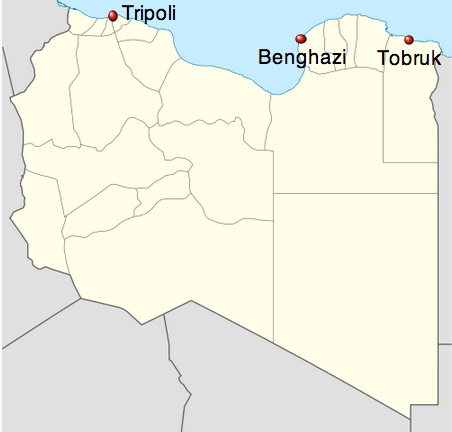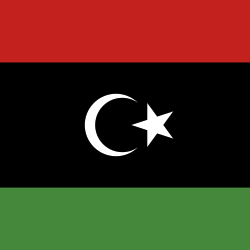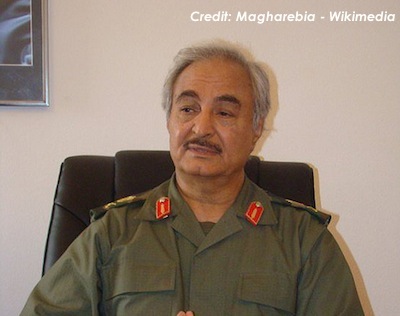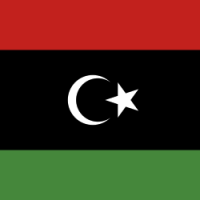A few weeks back, the newly elected government made the decision to move the parliament and government functions temporarily to Tobruk in light of the very heavy fighting in Tripoli (the capital) between two major rival Western Libyan militias, the Zintan Brigade and the Misrata-based Dawn of Libya militia coalition.
Libya, of course, has long been split in many directions (partially by intentional policy of Col. Gaddafi), but has been particularly increasingly divided between its western and eastern halves as a result of the 2011 Civil War. That war saw eastern Libya become independent of the prior regime for almost half a year before the country was reunited. Tripoli is one of the major cities in western Libya and was one of the last to fall during the 2011 Civil War.
In contrast, Tobruk is so far east along the Libyan coast that it’s the district capital of the district bordering Egypt. It’s not the biggest center of power in eastern Libya — that would be Benghazi — but it’s still significant and is probably the runner-up. Tobruk was actually the former core of the post-World War II Libyan monarchy, prior to its overthrow by Gaddafi. It was also one of the earliest cities to rebel in 2011.

Map of three coastal cities in Libya. Adapted from Wikimedia.
Overall the eastern part of the country (and especially Benghazi) is the part most strongly under the influence of the anti-Islamist and probably anti-democratic faction led by General Khalifa Hifter (see all our coverage of Hifter), which is attempting a slow-motion coup. Tripoli is the least under his influence and had been substantially more favorable toward Islamist-aligned militias, instead of the secular militias. Hifter’s prior attempts to seize control of the government in Tripoli were met with mockery in no small part because the members of parliament and the cabinet were out of his reach from Benghazi. And his relative strength in the capital has further declined as the Zintan Brigades, the Tripoli militia most closely aligned with Hifter’s agenda, are pushed out of their power position in the capital by the Islamist-aligned Misrata militia forces.
The people who moved the parliament and cabinet temporarily from Tripoli are, in addition to being the newly-elected administration, represent the parliamentary faction that is most friendly to General Hifter. Now the semi-official interim capital has suddenly moved all the way from western Libya to eastern Libya and stands between General Hifter’s Benghazi and (like-minded) General Sisi’s Egypt. (There have been much-denied rumors of Egyptian military involvement in some of the recent air operations against Hifter’s enemies and Sisi has ominously not ruled out military involvement in Libya against Islamist militias, given his own authoritarian secularism and anti-Islamist counterinsurgency campaign in Egypt. || Update 8/25/14: U.S. officials now say Egypt supported an attack in Tripoli by the pro-Zintan United Arab Emirates Air Force.)
No wonder the opposing faction was furious about the government being moved “temporarily” from Tripoli to Tobruk: It’s now sitting there for the taking by the secular-militarists following General Hifter, if they decide they want it. They just have to reach out and take control.
Of course, as always, that assumes one can really “seize power” in a country as fractious and decentralized as Libya.



 The recent disorder in the capital centers on the airport (and which militia will control it), but the clash there is part of a wider struggle for power across the country.
The recent disorder in the capital centers on the airport (and which militia will control it), but the clash there is part of a wider struggle for power across the country. 
 Former longtime Virginia resident and past/present Libyan military general Khalifa Hifter
Former longtime Virginia resident and past/present Libyan military general Khalifa Hifter  Regional experts agree (discussed
Regional experts agree (discussed